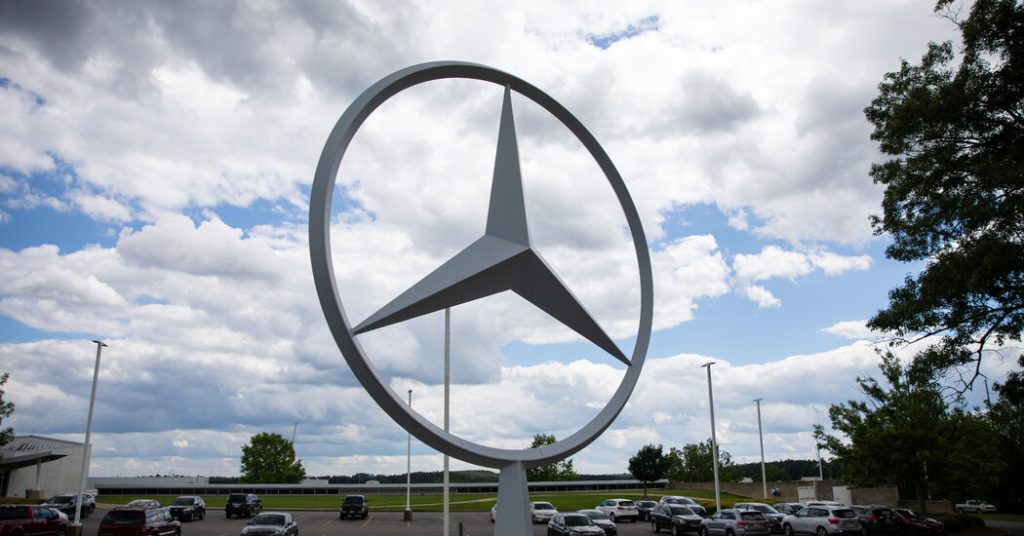Workers at two Mercedes-Benz factories near Tuscaloosa, Ala., voted against joining the United Automobile Workers, which was a setback for the union’s efforts to expand in the South. The defeat came after Alabama’s governor and other Republican leaders warned that a pro-union vote could harm the state’s investment in auto production. The U.A.W. aims to organize every automobile factory in the U.S. and expand its membership to include workers at companies like Toyota and Tesla. The loss at the Mercedes plants will likely slow down the union’s campaign and prompt leaders to counter local lawmakers and company executives’ messages and tactics.
The outcome of the vote at Mercedes is likely to influence future union contests in the South. States like Georgia, South Carolina, and Tennessee are attracting significant investments from automakers and suppliers, making the region an important battleground for labor unions. The U.A.W. aims to represent workers at these factories and has filed charges of unfair labor practices against Mercedes, which the company denies. Despite previous failed attempts to represent workers at Mercedes and other auto manufacturers in the South, the U.A.W. has recently seen success, such as winning a unionization vote at a Volkswagen plant in Tennessee. Mercedes workers who support joining the U.A.W. remain determined to continue their fight for unionization.
The campaign at Mercedes was based on the promise of better pay, benefits, and protection from abrupt schedule changes and long shifts. Union activists argued that workers deserved respect and fair treatment since they played a crucial role in the company’s success. However, numerous employees were reluctant to join the union due to warnings from company executives and politicians about potential drawbacks, such as onerous dues and loss of job control. Mercedes made efforts to prevent unionization, including appointing a new U.S. unit chief executive and addressing employee concerns.
The U.A.W.’s defeat at the Mercedes plants will likely require the union to invest more time and effort in securing workers’ support before holding elections at other auto plants. While the loss is disappointing, union leaders remain optimistic about workers’ perseverance. The vote’s national significance as a test of the U.A.W.’s ability to gain ground in anti-union states emphasizes the challenges the union faces in expanding its membership. Moving forward, auto executives and conservative lawmakers are expected to study the vote and develop strategies to fend off future union campaigns.
The South has emerged as a key battleground for labor unions as automakers and suppliers invest billions in the region. States like Georgia, South Carolina, and Tennessee have attracted significant investments in electric vehicle and battery factories, where the U.A.W. seeks to represent workers. The union’s ultimate goal is to organize every automobile factory in the U.S., but the defeat at the Mercedes plants in Alabama underscores the challenges it faces in hostile labor environments. Despite setbacks, the U.A.W. remains determined to continue its efforts to expand its membership and represent auto workers across the country, including those at Mercedes, Hyundai, Honda, and other manufacturers.







